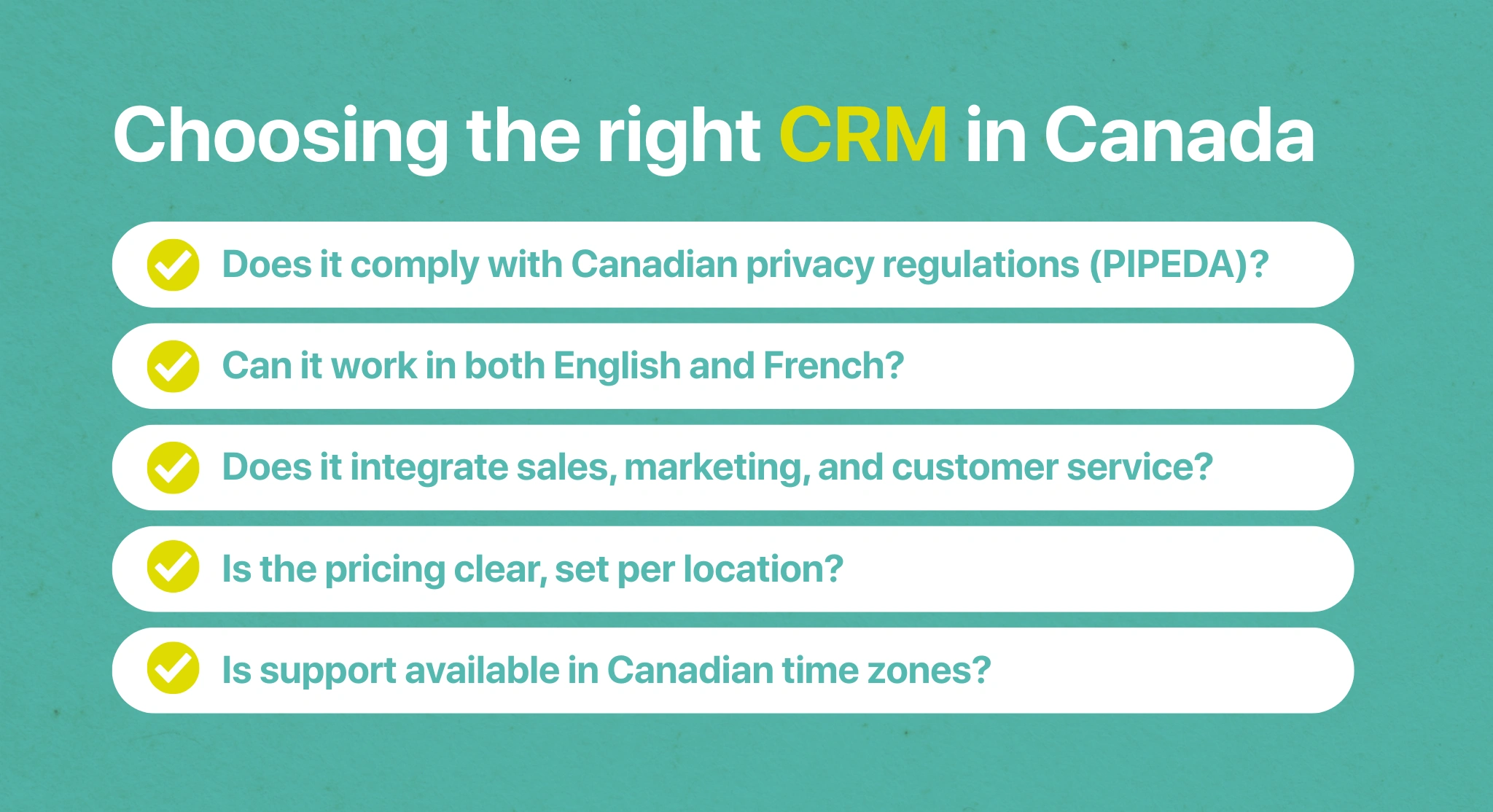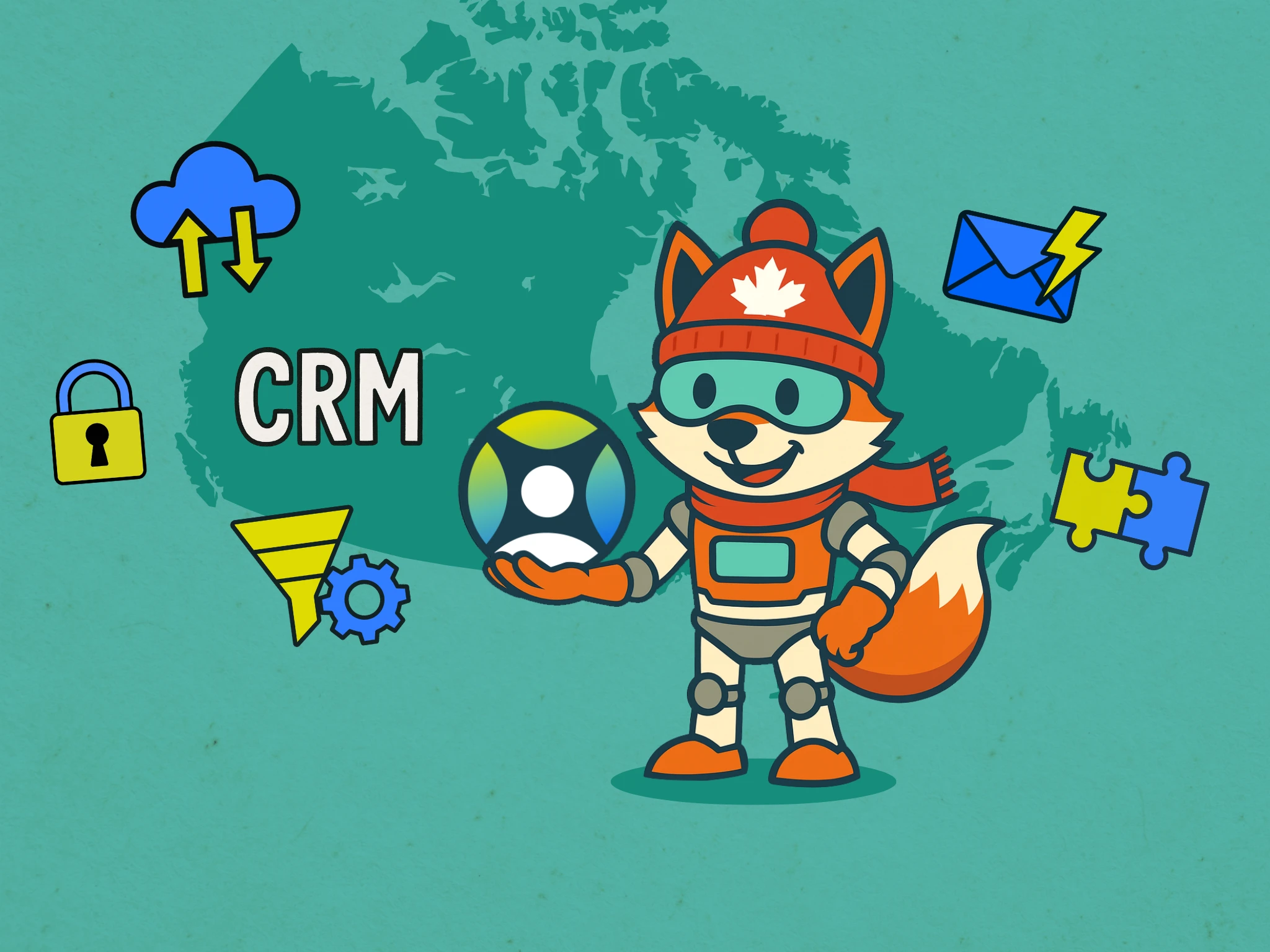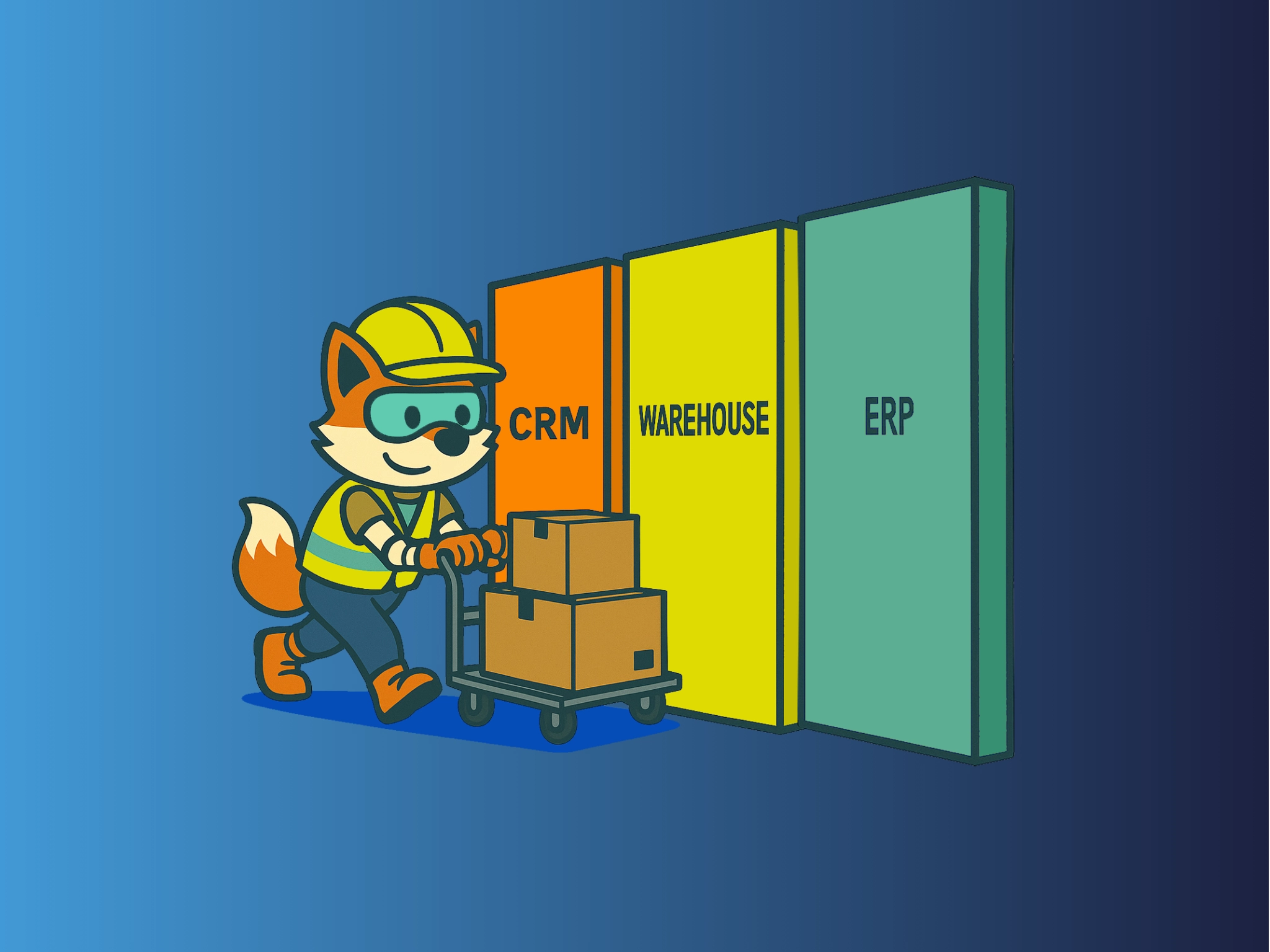Top 10 CRM Solutions for Canadian SMBs in 2025
Canadian businesses may be smaller in average size than their U.S. cousins, but they’re no less ambitious. According to Capterra, 74% of SMBs using a CRM reported improved customer relationships, and 65% reported increased sales. For a country where customer loyalty and bilingual service matter, CRM is survival, more than it is luxury.
The Top 10 CRM Solutions for Canadian SMBs in 2025
1. Cone CRM (Canada’s Own Rising Star)
- Best for: SMBs and mid-sized businesses that need CRM + marketing automation in one platform.
- Why it stands out: Cone is proudly Canadian, designed with SMB realities in mind: easy onboarding, automation for marketing campaigns, sales tracking, and customer engagement.
- Modules include: Contact management, pipeline tracking, marketing automation, email campaigns, and analytics.
- Pricing: Transparent and simple, set per location (a lifesaver for multi-branch businesses).
- Canadian advantage: Bilingual interface, Canadian-based support, and compliance with local privacy laws.
2. HubSpot CRM
- Best for: Businesses that want a well-known global player with a free entry point.
- Strengths: Strong marketing suite, decent integrations.
- Weaknesses: Gets expensive as you scale, and“free” quickly becomes “surprise bills.”
3. Salesforce Canada
- Best for: Enterprises that love dashboards and can afford consultants.
- Strengths:Customization and scalability.
- Weaknesses:Overkill for many Canadian SMBs; implementation can cost more than your first car.
4. Zoho CRM
- Best for: Price-sensitive SMBs.
- Strengths: Low cost, wide suite of apps.
- Weaknesses: Clunky UI, integration gaps, feels more global than local.
5. Freshworks CRM
- Best for: Teams that want an easy start with sales automation.
- Strengths: User-friendly, built-in telephony.
- Weaknesses: Marketing features limited compared to Cone.
6. Pipedrive
- Best for: Sales-driven SMBs that need pipeline focus.
- Strengths: Simple pipeline visualization, automation triggers.
- Weaknesses: Not great for marketing automation.
7. Keap
- Best for: Small businesses wanting integrated sales + marketing.
- Strengths: Solid automation.
- Weaknesses: Steep learning curve, higher cost.
8. Niche Local CRMs
- Solutions like Maximizer CRM and Copper (popular with Google Workspace users) still have Canadian presence.
- These can work for niche industries but often lack broad automation features.
9. Microsoft Dynamics
- Best for: Businesses already running onMicrosoft stack.
- Strengths: Deep integration with Outlook andTeams.
- Weaknesses: Licensing complexity, not SMB-friendly.
10. Monday CRM
- Best for: Teams already using Monday for project management.
- Strengths: Flexible and customizable boards.
- Weaknesses: CRM is more of a bolt-on, not a core product.
Your Checklist:

The Cone Advantage (Canadian-built + consolidated)
Cone consolidates CRM, marketing automation, calling, reputation, and analytics in one platform, with bilingual support and privacy rigor, so Canadian SMBs get lower total cost, higher adoption, and one dashboard for leadership.
Learn more: https://www.conecrm.com
FAQ
Q1. Where does Cone fit among Canadian options?
Cone is Canadian-built and all-in-one (CRM + marketing automation+ calling + reports). It’s designed for SMBs that want power without stack sprawl.
Q2. Which CRMs work best for bilingual teams (English/French)?
Look for bilingual UI, localized templates, and support coverage in Canadian time zones. Cone ships bilingual by default.
Q3. What’s the real cost of a “free” CRM?
“Free” tiers often add costs for users, automation, reporting, and integrations. An all-in-one can be cheaper overall by replacing multiple subscriptions and brittle zaps.
Q4. What kills CRM adoption in SMBs?
Too many clicks and fragmented data. Pick a CRM that reduces app-hopping, automates routine steps, and gives one source of truth.
Q5. How do I compare CRMs for a Canadian small business vs. mid-market?
Focus on adoption, automation depth, bilingual needs, privacy alignment, and pricing clarity. Small teams need simplicity; mid-market needs role-based controls and analytics.
Q6. How do I budget for CRM in 2025?
Model total cost of ownership:licenses, add-ons, integrations, admin time, and training. Many SMBs reclaim $1,000–$1,500+ / month when consolidating overlapping tools.
TL;DR
- Canadian SMBs are spoiled for choice with CRM solutions, from global heavyweights to homegrown innovators.
- The right CRM should handle sales, marketing automation, customer data, and compliance with Canadian privacy rules.
- Cone is quickly becoming the favourite among Canadian SMBs who want power without complexity.




%20A%20CRM%20Tale%20of%20Data%2C%20Drama%2C%20and%20Duct%20Tape%20Privacy.png)


.png)